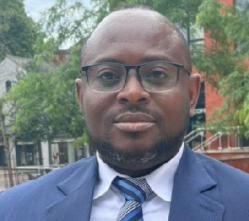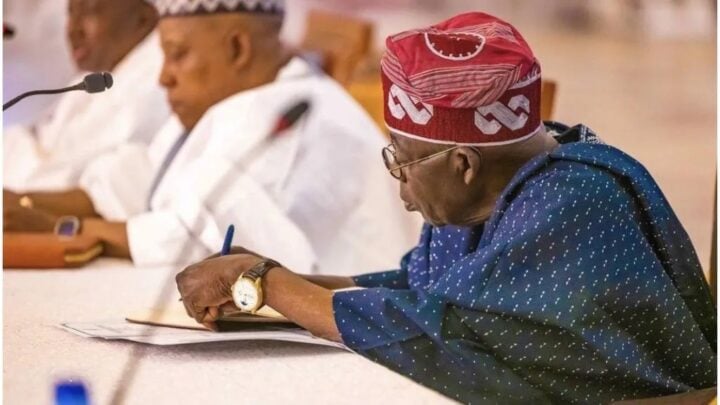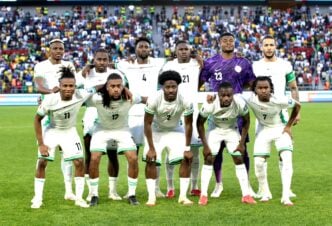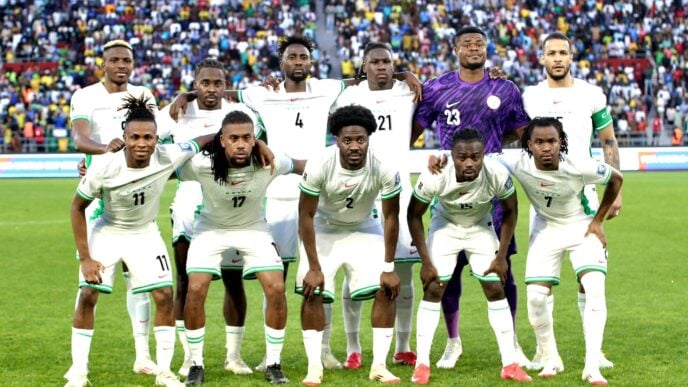I had planned to write about the Super Eagles’ failure to qualify for the 2026 FIFA World Cup — particularly the disgraceful report, first carried by the BBC, that players and technical staff boycotted training just two days before their decisive playoff against Gabon. But while I was gathering my thoughts, a senior advocate of Nigeria (SAN) called to ask whether the presidency had released an updated version of the list of appointments made by President Bola Tinubu since assuming office over two years ago. That question redirected my attention.
Government officials — especially aides of President Bola Tinubu — often behave as though Nigerians are, in the words of FCT Minister Nyesom Wike, “very big fools” with short memories. The latest episode from the Villa only reinforces that perception.
The withdrawal of the appointments list released in April 2025 has once again exposed the persistent coordination gaps within the presidency’s communication machinery. Hours after publishing 152 names — with the north-west receiving the highest allocation — the list was abruptly taken down. Sunday Dare, special adviser to the president on information and strategy, offered a vague explanation about “errors.”
“We have noticed a number of errors in the list of appointments tweeted. We are sorry. We will provide an updated list later. Thank you,” Dare posted on X.
Days later, Nigerians are still waiting.
Advertisement
This is not the first time official information has been rushed out, contradicted internally, or withdrawn without sufficient explanation. But this latest incident is more than a routine blunder — it is a damning reflection of an overstaffed communication structure that continues to struggle with basic consistency.
TheCable has repeatedly highlighted these recurring missteps: premature statements, retracted directives and policy updates delivered without clarity. The withdrawn list fits neatly into that pattern.
Federal appointments are not casual announcements. They shape representation, regional balance and policy direction. A document of such sensitivity should pass through several levels of verification before going public. That it didn’t raise serious questions about internal processes — questions the presidency has chosen not to answer.
Advertisement
In April, shortly before Dare’s erroneous list was published, I wrote an article for TheCable titled “Tinubu administration: Many spokespersons, zero communication.” I argued then that:
“There is no denying the fact that President Bola Tinubu has the highest number of media aides in the history of Nigeria, in the same manner, his government boasts of the highest number of ministers. However, this cacophony of voices appears to be singing disjointed music, with the songs sounding fragmented, uneven or more like a ‘broken record’, to borrow the words of Femi Adesina, former presidential spokesperson.”
Many APC supporters and “data boys” attacked me for that piece. Today, I am vindicated.
Despite its sprawling team of media aides — special advisers, senior special assistants and assistants across print, broadcast, digital strategy and documentation — the presidency continues to struggle with coherence. If such a large team cannot produce a vetted list of appointees, then the structure is either poorly organised or its operators are working at cross-purposes. Either way, it undermines public confidence.
Advertisement
Presidential communication has a clear mandate: anticipate public interest, clarify government actions and prevent avoidable misinterpretations. Yet the recurring missteps achieve the opposite — creating doubt instead of direction, and deepening scepticism instead of trust.
In governance, messaging is not an afterthought; it is a core part of statecraft.
The longer the presidency delays the updated list, the more space it creates for speculation. Was regional imbalance the real reason for the withdrawal? Was it true that many of the appointees from the North-Central parts of the country, such as Kogi and Kwara, are Yorubas? Were certain names contested internally? Was the release premature? The silence from the Villa is fueling distrust at a time when transparency is essential.
These communication failures repeatedly overshadow the administration’s policy efforts. Nigerians do not demand perfection, but they deserve accuracy and professionalism. A simple administrative task has now become an avoidable controversy — one that reinforces concerns about competence within the presidency’s communication structure.
Advertisement
Sunday Dare promised an updated list “later.” That “later” has now stretched into uncertainty. The government owes Nigerians clarity — not as a courtesy, but as an obligation.
Until the corrected list is released, the withdrawal remains a symbol of a broader dysfunction: a communication team large in number but short on delivery.
Advertisement
Akinsuyi, former group politics editor of Daily Independent, writes from Abuja, Nigeria.
Advertisement
Views expressed by contributors are strictly personal and not of TheCable.




